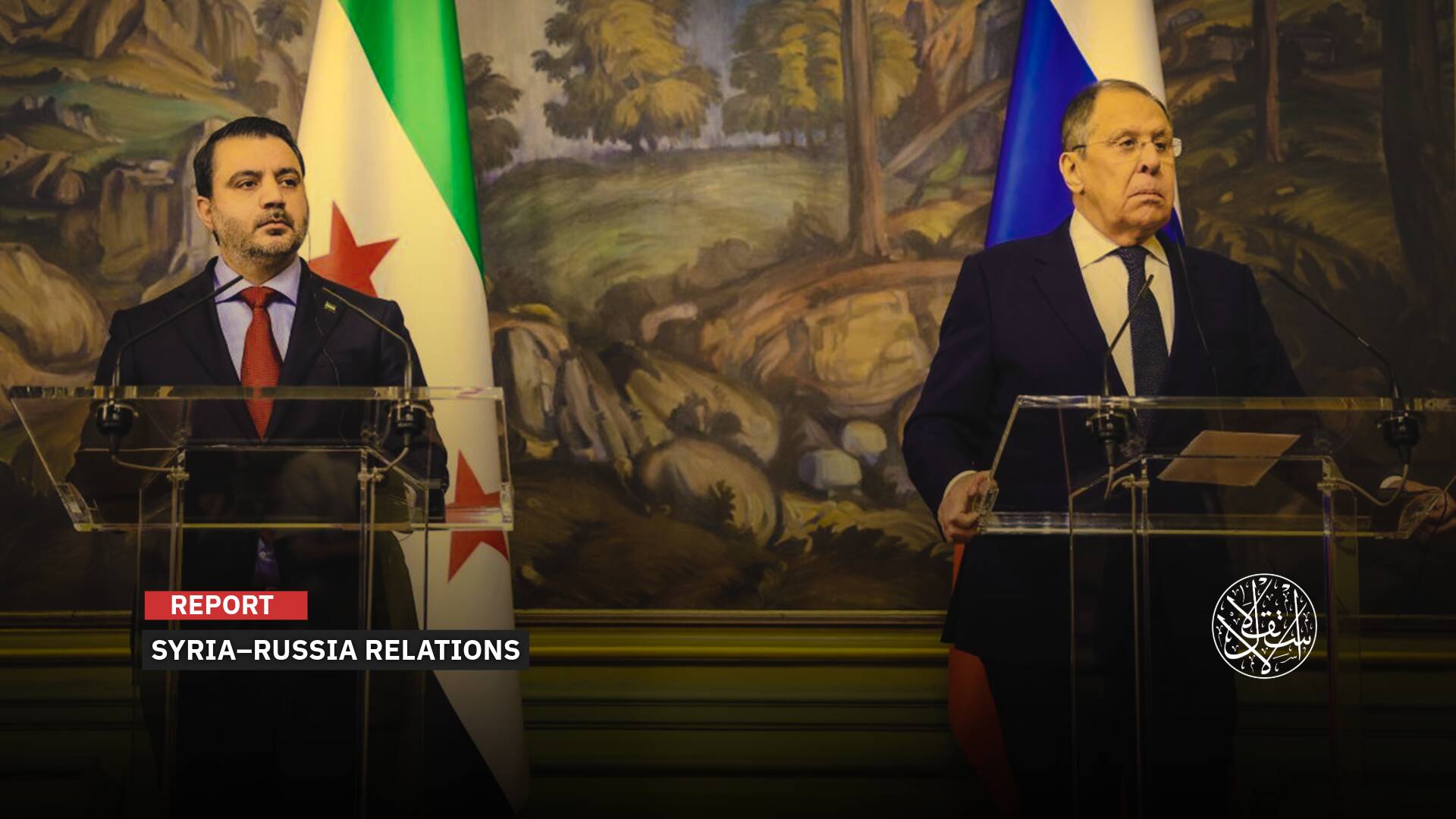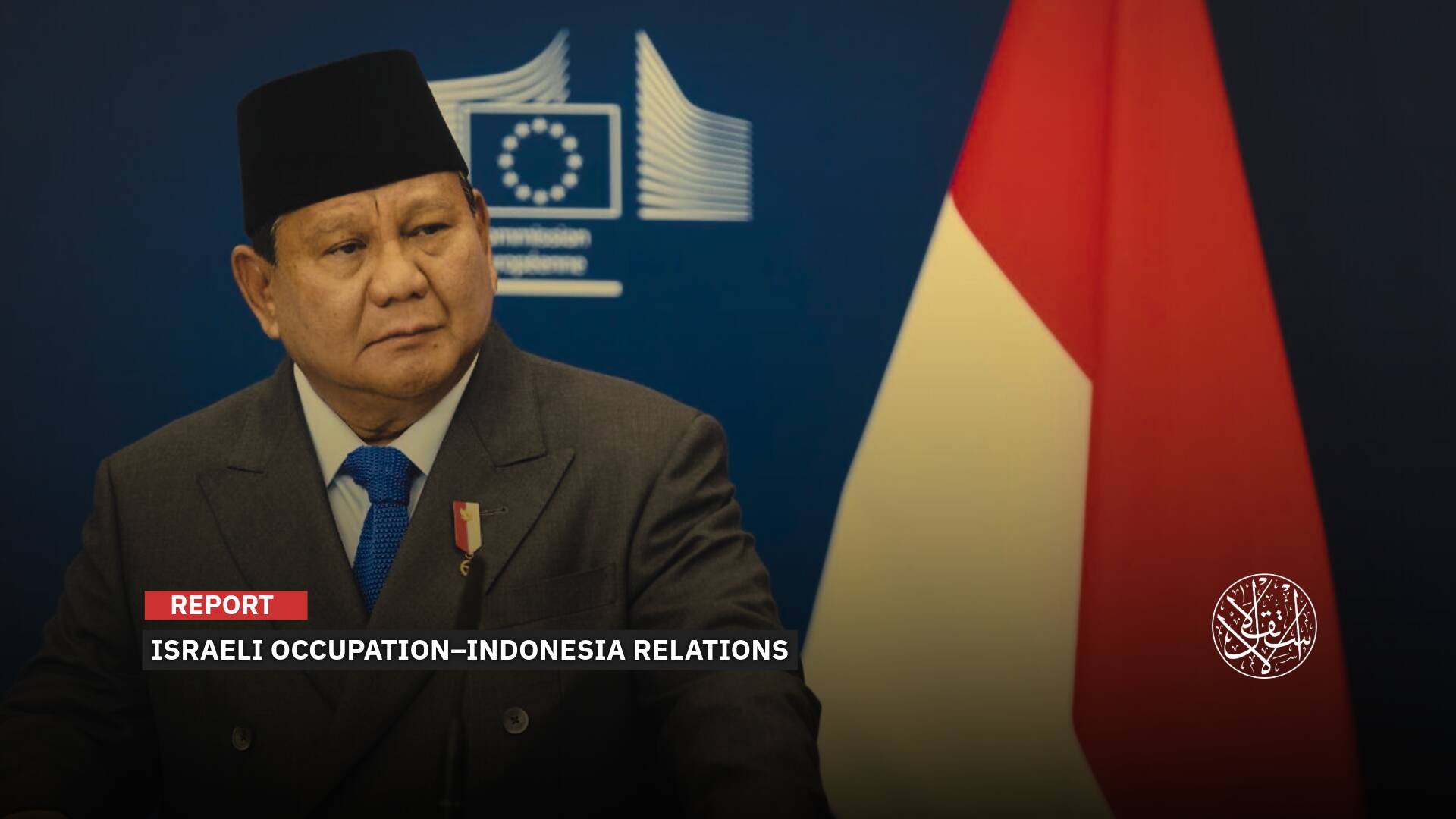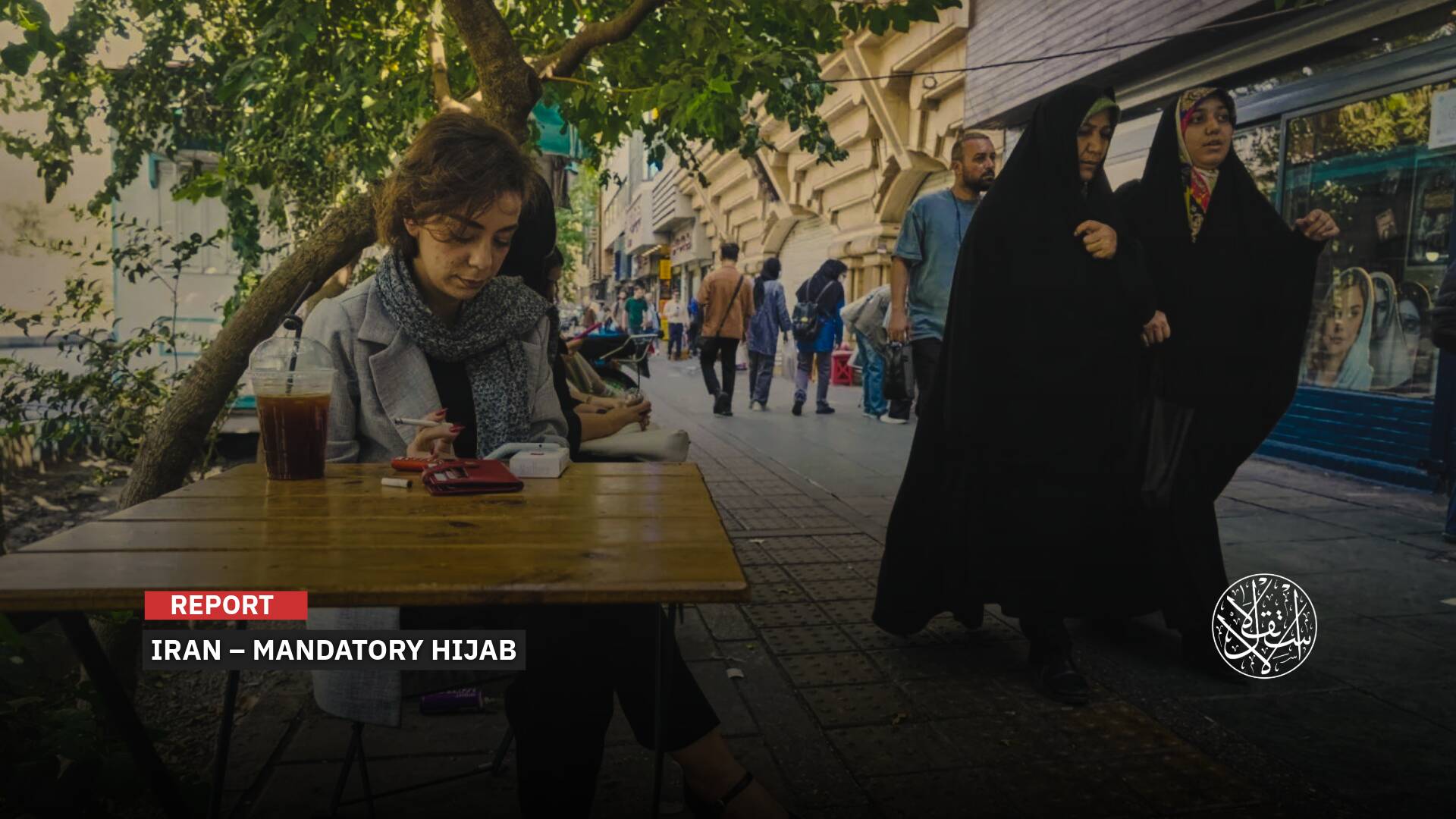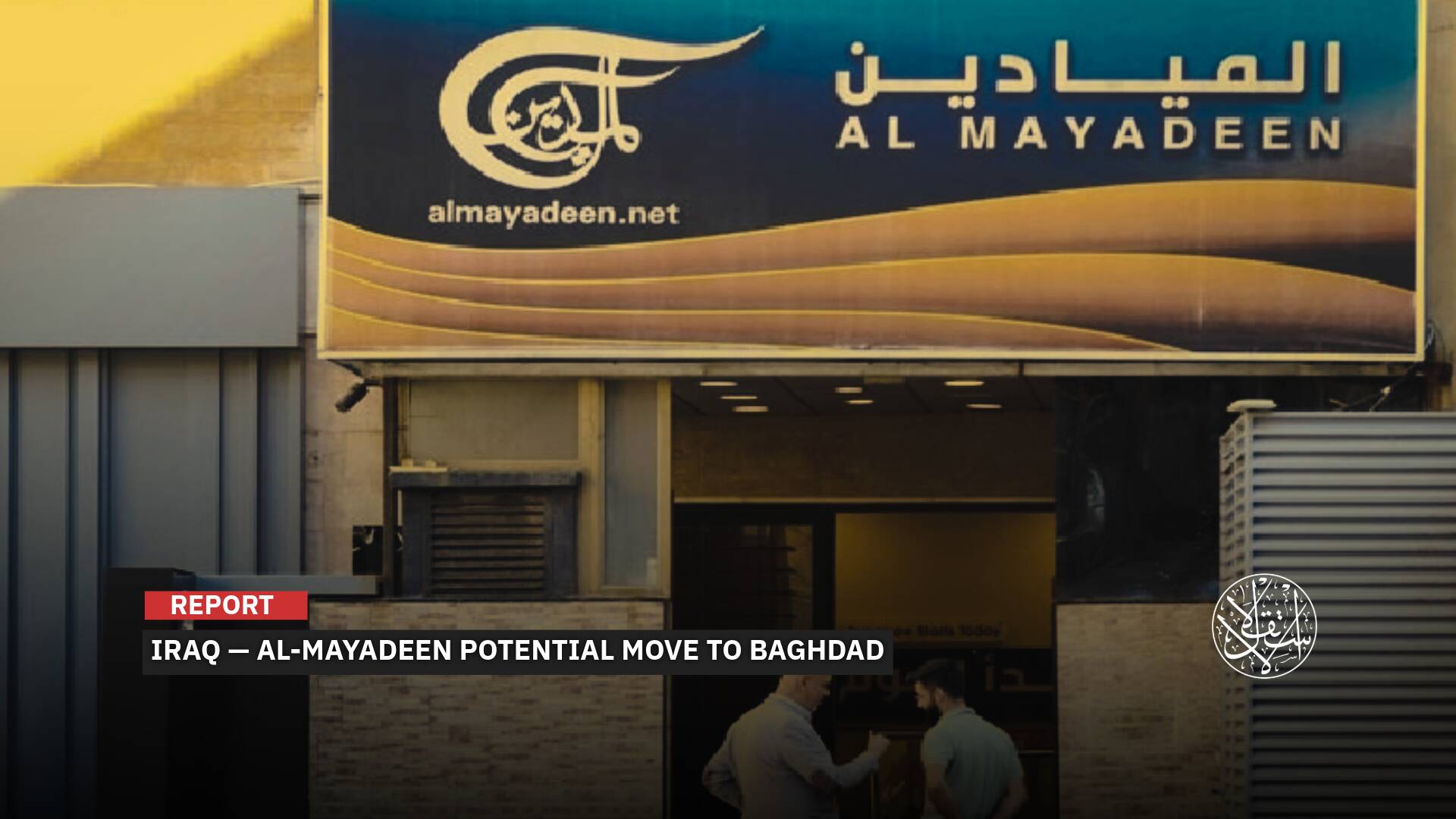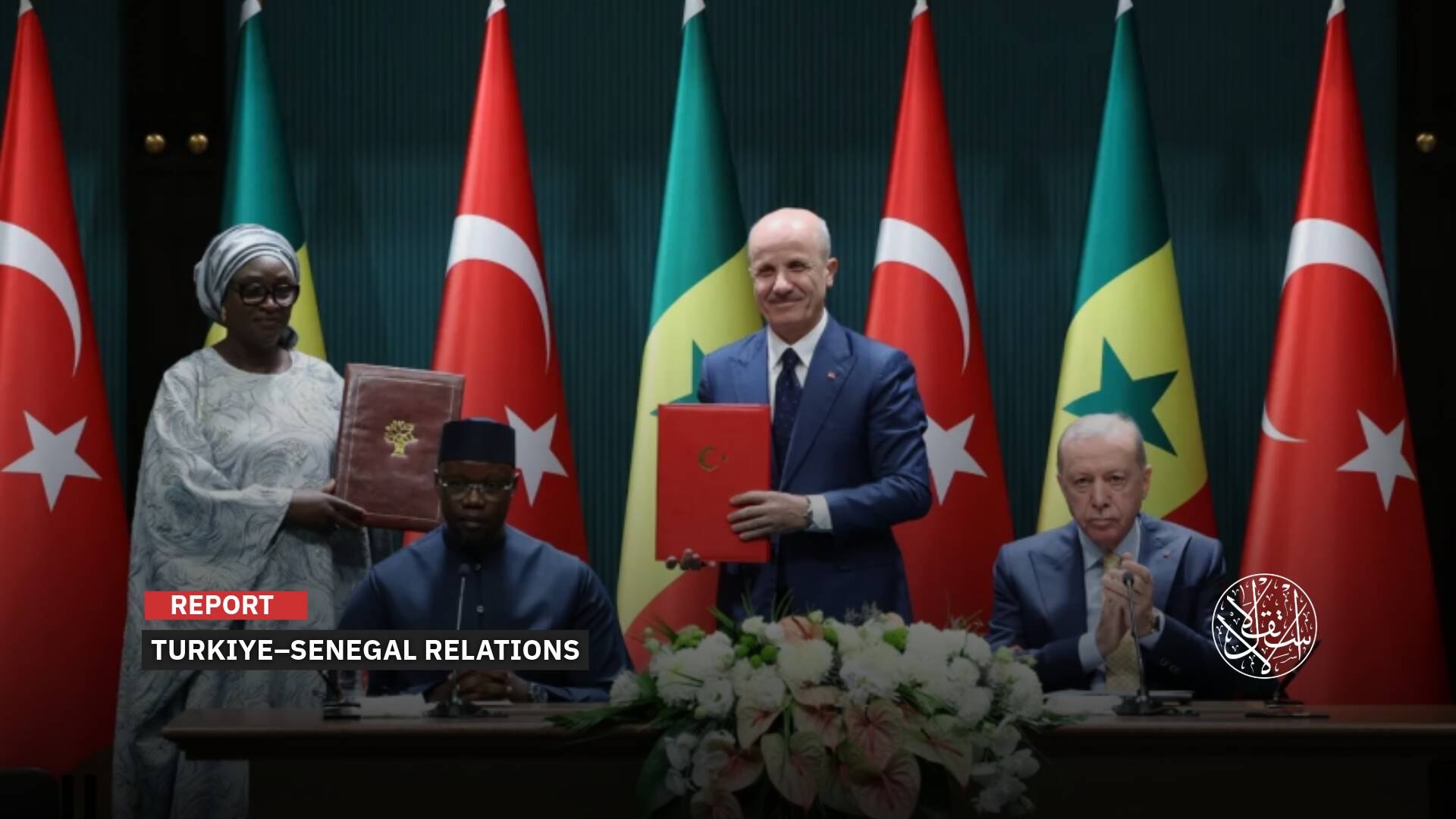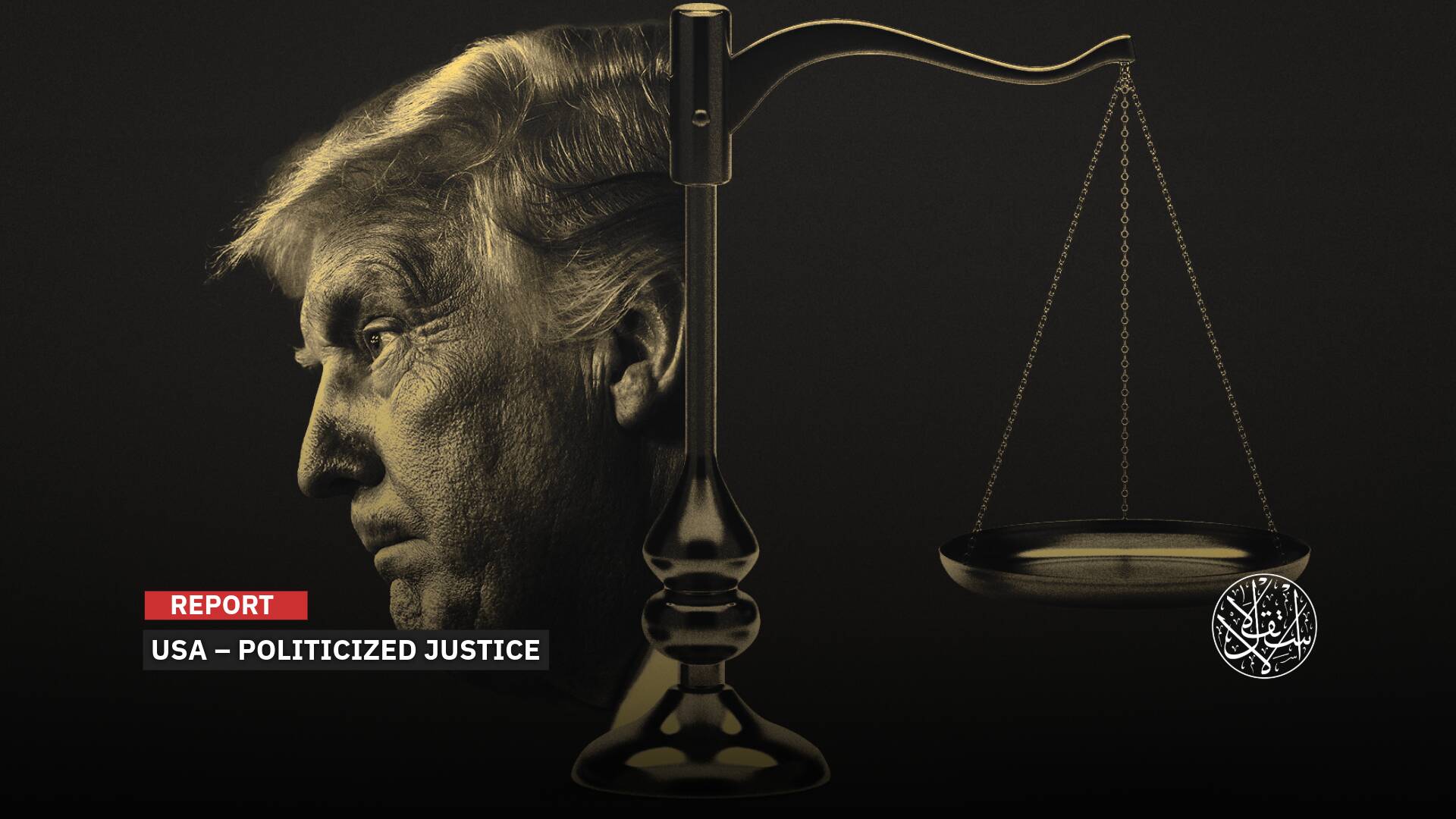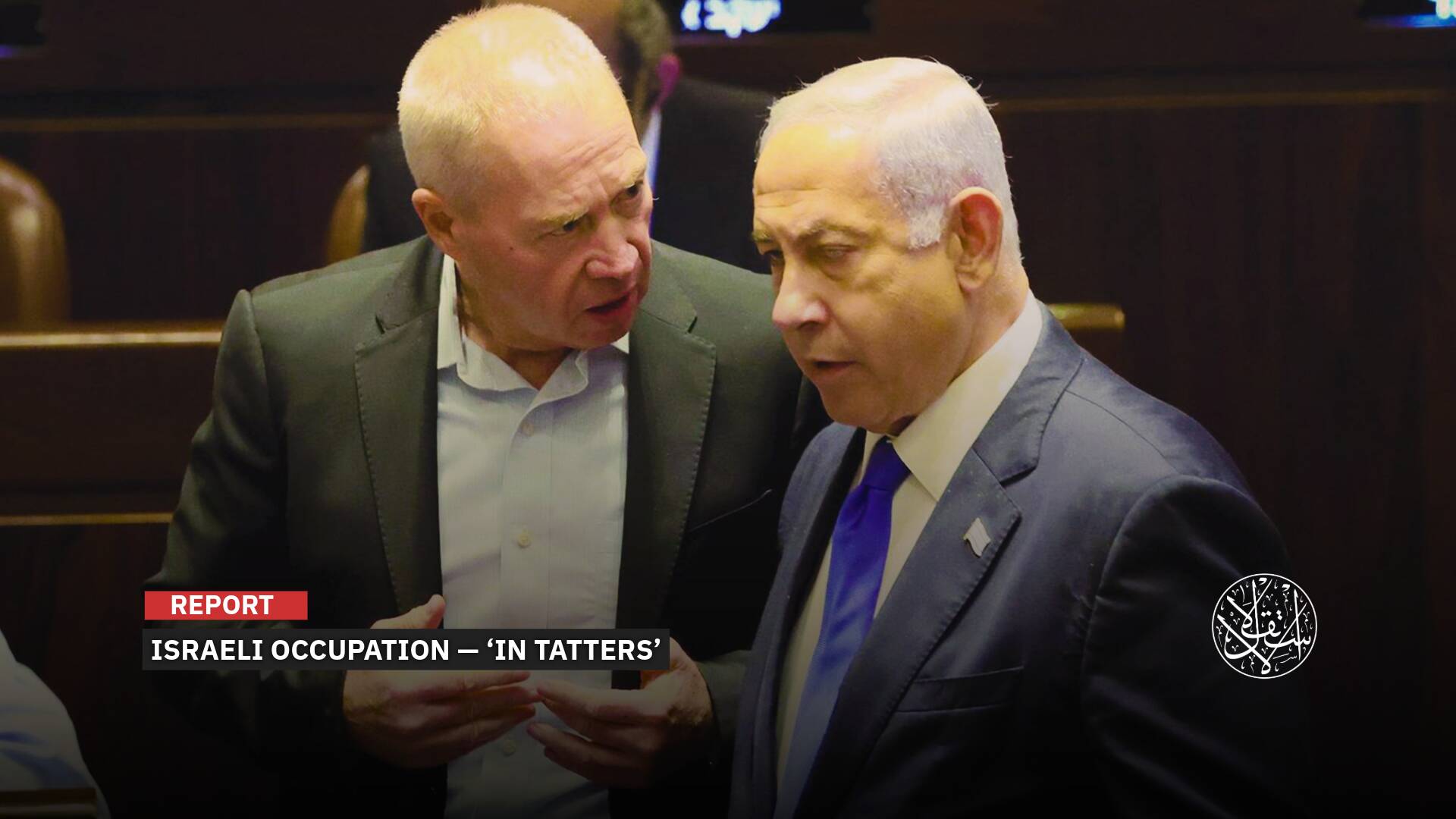Why Are European Leaders Stepping up Visits to China?

On Wednesday, April 5, President Emmanuel Macron of France arrived in China and announced that “The world cannot ignore China’s growing influence and must work with it on a range of challenges.”
He was joined by Ursula von der Leyen, the president of the European Commission, in a rare show of unity among European leaders who have often been divided over how to deal with Beijing.
Their visit followed a trip by Prime Minister Pedro Sanchez of Spain, who also emphasized the need to strengthen ties with China, especially in areas such as green energy and digital economy.
The flurry of diplomatic activity underscored China’s emergence as an indispensable player in global affairs, even as it faces Western criticism and sanctions over its human rights record, trade practices, and assertiveness in the Indo-Pacific region.
It also came after China hosted a meeting between the foreign ministers of Saudi Arabia and Iran, two regional rivals whose conflict has fueled instability in the Middle East and undermined U.S. interests there.
Von der Leyen said that the European Union should “reduce risks” in its relationship with China, including limiting its access to sensitive technology and diversifying its sources of essential materials.
Macron, who has sought to balance engagement and firmness with China, said he wanted to build a dialogue with China that respects each side’s sovereignty and interests.
He also said that he hoped that China would play a constructive role in resolving the crisis in Ukraine, where Russia has massed troops near the border and threatened to invade.
He said that he had discussed the situation with President Xi Jinping of China and that he expected him to use his influence with President Vladimir Putin to de-escalate tensions.

Weak Europe
As the war in Ukraine enters its second year, and tensions between Russia and the West escalate, European leaders are making a diplomatic push to engage China, hoping to enlist its support for a peaceful resolution and to deepen economic ties.
The visits also came after Xi traveled to Russia last month and reaffirmed his close relationship with Putin, who is facing Western sanctions and threats over his military buildup near the Ukrainian border and Belarus.
China, which has a strategic partnership with Russia and opposes foreign interference in its affairs, has been cautious about taking sides in the Ukraine conflict. But it has also expressed concern about the situation and called for dialogue and restraint.
At a summit meeting on March 24, European leaders expressed worry about China’s backing of Russia and urged it to play a constructive role in easing tensions.
Some analysts said that Europe was trying to balance its interests and values in dealing with China, which is both a partner and a competitor for the bloc.
Politico reported that a senior European official said: “China is not perfect, but we may need it one day. Many member states share this assessment.”
The Biden administration has also been pressuring Europe to align with its strategy of containing China’s rise, especially on issues such as human rights, trade, and technology.
But Europe has resisted some of Washington’s demands, such as joining a boycott of the Beijing Winter Olympics or scrapping an investment deal with China.
China has sought to portray itself as a responsible global actor and a mediator in regional conflicts. Last month, it hosted a meeting between the foreign ministers of Saudi Arabia and Iran, two foes whose rivalry has fueled violence and instability in the Middle East.
European leaders were taken by China’s growing diplomatic influence and wanted to persuade it to promote talks on the Russian-Ukrainian conflict.
Macron brought along about 60 heads of French companies, including Airbus, Electricite de France (EDF), and Veolia, with a focus on the energy transition, a global challenge that he said should be advanced with China.
The most pressing point was to convince China not to tilt toward Russia by sending weapons to Moscow.

Macron’s Goals
In a private meeting in Brussels, Macron urged his European Union counterparts to step up their efforts to prevent China from backing Russia’s offensive in Ukraine, Politico reported, citing an unnamed EU official.
“The French president stressed the need to make every effort to ensure that China does not support Russia and its ability to move forward with the war,” the official said.
Macron’s visit to China this week seems to be not just a bilateral trip but a mission on behalf of Europe, which finds itself powerless to confront a crisis of such magnitude without relying heavily on NATO.
Macron knows well that Europe has no solution in Ukraine. It cannot defeat Russia militarily and cannot accept the redrawing of borders by force.
The second reality is that Europe is among the most affected by the war, as it faces high energy bills, inflation, and the need to increase its defense spending at a time when key countries are grappling with strikes and unrest.
At the same time, Macron understands that America has no solution in Ukraine either. Forcing Russia to withdraw its troops from Ukrainian territory is impossible.
The United States’ only option is to make the invasion costly for Russia. But while America can wage a long war of attrition, Europe cannot endure such prolonged hardship.
Given these realities, Macron’s visit aims to persuade China not to provide military support for Russia that would revive the specter of a bipolar world and inflict severe damage on the global economy.
It also aims to encourage China to deal realistically with the Ukrainian issue, despite its “borderless friendship” with Putin’s regime.
What may facilitate Macron’s quest for Chinese mediation is President Volodymyr Zelensky’s eagerness in his recent statements to open a window of dialogue with the Chinese giant.

Chinese Dilemma
Meanwhile, China faces a delicate dilemma as it watches the escalating tensions between Russia and the West over Ukraine.
On the one hand, China does not want to see Putin suffer a humiliating defeat that could embolden Taiwan, the self-governing island that Beijing claims as its own.
On the other hand, China does not want to risk alienating its major trading partners in Europe and America by siding too closely with Moscow.
China has a habit of waiting for the right moment to intervene in international affairs. That is what it did in the case of Saudi-Iranian relations, where China made its first appearance as a sponsor of negotiations and a contributor to solutions.
According to a trilateral statement issued in Beijing, China offered guarantees that helped ease the tensions between Riyadh and Tehran, something no one predicted in the U.S.-aligned Saudi Arabia.
Macron acknowledged that China’s weight could be decisive in changing the course of events in Ukraine. But China may not be ready to play the role of a mediator before it is most needed and before the parties involved are willing to make concessions.
The world is witnessing changes in the status of the players at the top table. Russia’s image has been severely damaged by its rift with the West. The United States is fearful and weak, and it is watching Ukraine with an eye on Taiwan. Only China seems calm and confident and perhaps chooses to refuse to move toward mediation in Ukraine before it is most needed.


